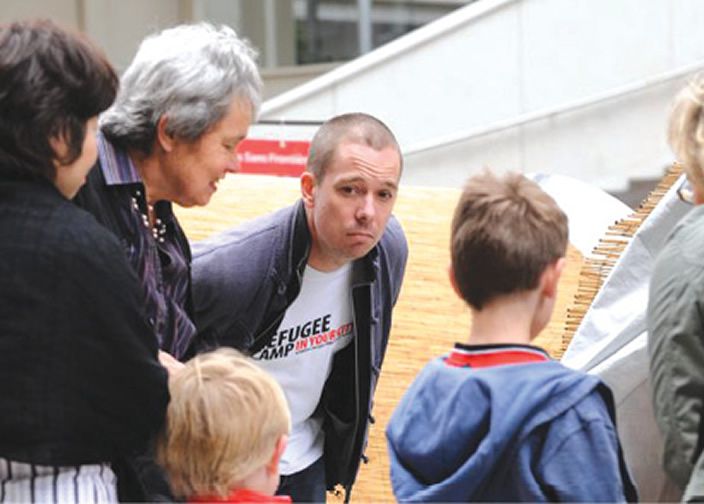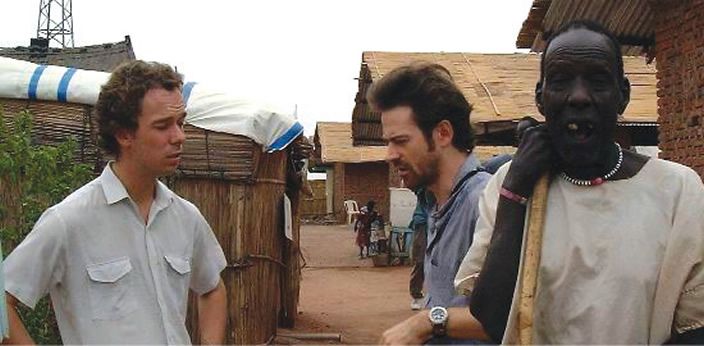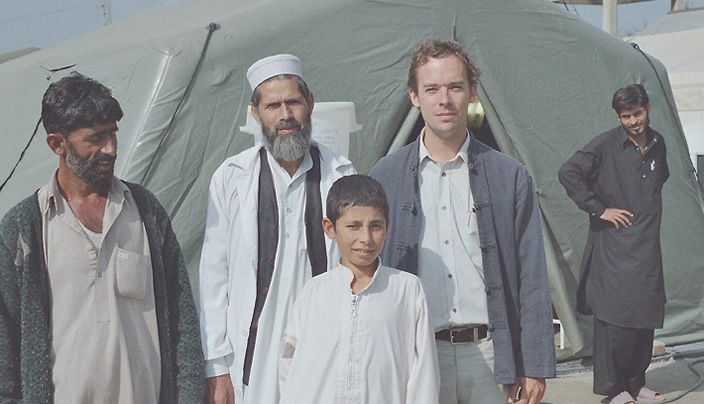I was born in Sydney but I spent my earliest 10 years of schooling in Adelaide. I went to Belair Primary School then had a year at Unley High School before we moved back to Sydney. I had one year at Concord High School before I won a scholarship to Newington College.
I don’t think changing schools a lot was detrimental to my education. It gave me an interesting insight into how schools function in different ways. I was surprised how South Australia can operate a different curriculum and at a different speed to NSW. Year 8 in Sydney was behind Year 8 in Adelaide.
It was only towards the end of school I realised I wanted to be a doctor. I was always interested in maths and science and I came from a medical family. Mum was a nurse/midwife and dad was a radiographer. In Year 12 it crystallised that science felt more real to me than the humanities but I wanted to do something that involved communicating as well.
My enjoyment of science started in primary school, from a teacher who taught us computing, Dr Jay. He was a flamboyant teacher who gave a really interesting flavour to the subject and it was more hands on than other subjects. I had a physics teacher at Newington, Dr Newcombe, who was fantastic. He saw my talents in science and maths and encouraged me to take part in Olympiads.






































































































































